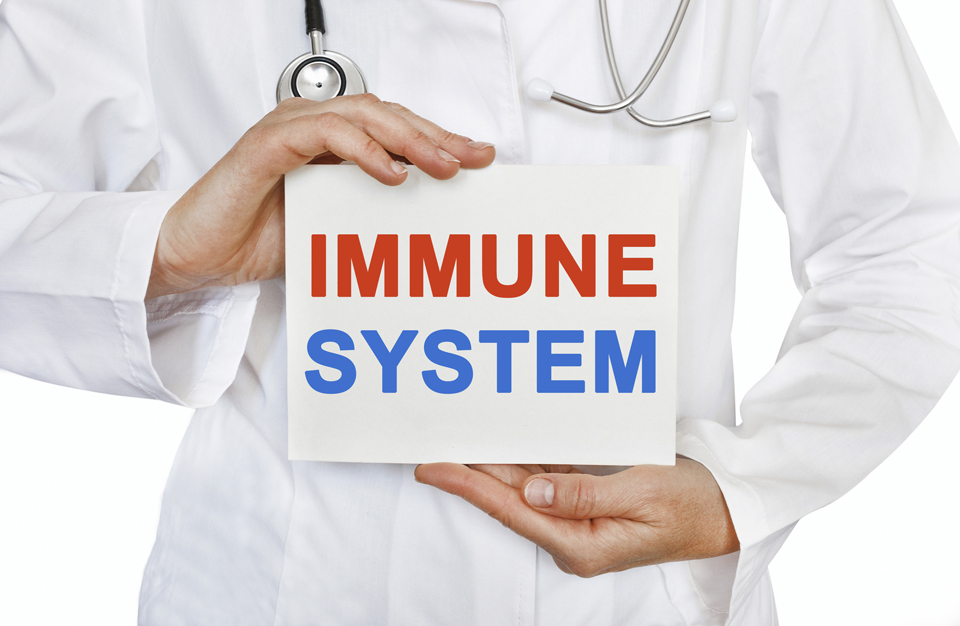Why is the immune system essential for our health?

The immune system is basically the system of our bodies that helps fight foreign intruders that might harm our bodies or its organs. The term is very much in use in everyday conversations, but its essence is hardly understood in its entirety. Let's discuss the same further in this article.
What consists of the Immune System?
More often than not, the immune system is talked about as a whole. The system is actually a network of tissues, cells, and organs. The large network includes organs, antibodies, white blood cells, and other chemicals. The organs are mainly the Spleen and skin, which we will discuss as we progress through the discussion.
What does the Immune system do and how?
A healthy body is a gift from your immune system. In fact, sometimes the body is low and suffers from mild illnesses so that it can fight big ones. That's how mysterious the immune system is. For example, a fever is used by your immune system to fight other infections that can harm you severely otherwise. However, it doesn't mean that fever is to be taken lightly. The human body is a complex system and it is best to trust only specialists when you think or feel something wrong.
Now, let us move on to how different parts of the immune system contribute to keeping your body safe from foreign attackers and hence essential for your health.
Front-line warriors Several elements in your body prevent germs from entering the body. The first and foremost is the skin. It is the largest organ in your body and it does more than just visible to the naked eye. Your skin secretes oil and other cells which destroy certain germs and stop them from entering the body. Another such soldier of the immune system is the mucus membrane present in the respiratory, urinary, reproductive, and digestive tracts. The mucus lines these tracts so that any external element (germs) gets stuck into it and then throws them out through different mediums. For example, the germs stuck in the mucus of the respiratory system are let out through cilia. Moreover, even the tiny hairs in your nose are a part of the immune system restricting germs from going inside.
White Blood Cells White blood cells, also known as leukocytes, constantly look for pathogens. When they find it, they begin to multiply and send signals to other cell types as well. White blood cells are an essential component of the Immune system. They circulate in your bloodstream or reside in tissues. They work together whenever they find a target.
Spleen Among internal organs, the Spleen is the largest, which is a part of the immune system. It is an integral part of the blood circulation process as 1/4th of the blood from the heart flows through the Spleen. The Spleen filters this blood to find pathogens. When a pathogen is detected, it sends signals to immune system cells and they start their work to kill the pathogens. It helps defend the body from harmful bacteria like meningococcus and pneumococcus.
Lymph nodes and vessels Lymph nodes exist throughout the body and are full of immune cells. While some of these are known well, some are unnamed but work continuously as active members of the immune system. The functioning of lymph nodes is such that a lot of work happens here once pathogens are detected. The draining lymph nodes facilitate cell activation. Cell multiplication also happens within these nodes, resulting in an increase in the size of these lymph nodes. To give an example you can understand well, that most of us have experienced swollen glands in the neck. It is the lymph nodes around your neck doing their job. The same thing happens wherever in the body these lymph nodes are activated. The vessels that are essential to the working of the lymph nodes are the blood vessels and lymphatic vessels.
Bone marrow The soft spongy tissue in the center of your bones is also a part of the immune system. The stem cells present in the bone marrow develop into red blood cells, white blood cells, plasma cells, and other cells, which are vital to the functioning of the immune system. Millions of red blood cells are produced by your bone marrow every day, which are released into the bloodstream to do their job.
Other parts Other than these, there are enzymes present in our tears, saliva, and sweat that can defend our body against germs. Secretions from different body parts, like the vagina, also play an important role in destroying germs and stopping them from entering the body.
Can the immune system be sick too?
Well, that's a tricky question, but some conditions can make the immune system's job difficult. These conditions can either damage or temporarily disrupt the system hence affecting your body adversely. Specific allergies can be bad for the immune system. Allergens can be something as simple as everyday food, but it disrupts the cells from doing their job and fighting against pathogens. Therefore, one must report an emergency if there is a severe allergic reaction showing up or can consult a doctor within a couple of days in case of a mild one.
Other conditions which need immediate attention and medical intervention include:
Conclusion
The immune system is a collection of complex cells and organs. Each part of the system is difficult to understand in detail. But one thing shared among all is their job of being anti-pathogens and keeping your body healthy. The system works as a team to protect you from germs and even helps significantly to get you better when you are sick.
